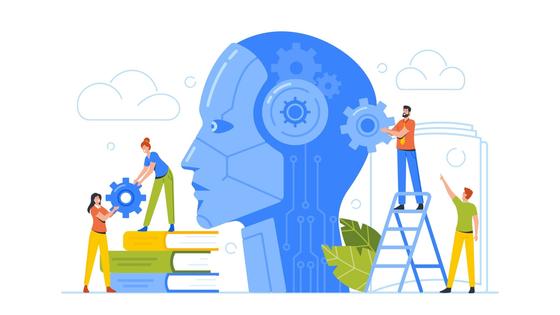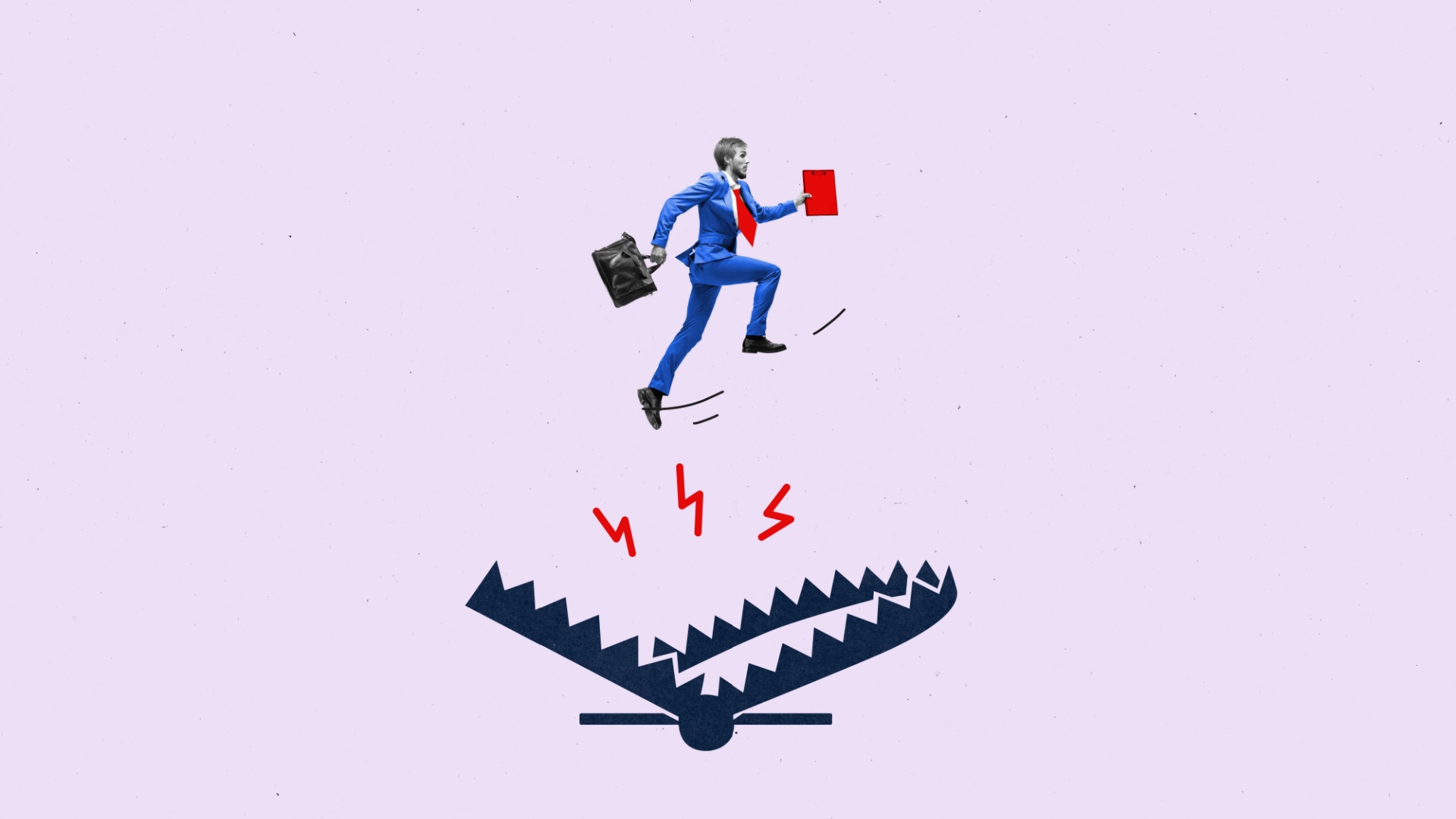Are Universities No Longer Needed? How Artificial Intelligence Has Changed Education
In an interview for Canadian television, scientist and Nobel laureate Geoffrey Hinton, who is involved in the development of machine learning methods, stated that universities may no longer be in demand.

This is all thanks to the capabilities of artificial intelligence - AI tutors work individually with each student, adapting to their personality traits, learning speed, interests, and many other aspects. Furthermore, neural networks accumulate vast experience in teaching a wide range of users, something even the most professional and experienced teachers do not have.
Entrepreneur and Microsoft founder Bill Gates shares the same opinion as Hinton. He believes that once children start learning with AI tutors, the need to attend school will be entirely eliminated, let alone universities. "In this direction, Khanmigo, based on AI, from the Khan Academy is already working," says Gates. "It can teach mathematics, natural and humanities sciences - for example, explaining quadratic functions or creating math problems for homework."
Sven Schütt, CEO of the IU Group - the founder of the International University of Applied Sciences IU in Germany, believes that the integration of AI into the education system will significantly shorten the total duration of schooling and university education, by about a third.
However, Hinton is confident that there is one field for which university education will remain crucial - science. Innovative researchers will not be able to make breakthrough discoveries or formulate new laws of the world by learning solely with AI. According to Hinton, this is impossible because scientific work can only be learned through constant practice, conducting experiments, and testing hypotheses. The capabilities of artificial intelligence are still limited.












 Freelancing, Remote Work, Office Jobs, or Consulting: How to Choose the Work Format That’s Right for You
Freelancing, Remote Work, Office Jobs, or Consulting: How to Choose the Work Format That’s Right for You
 Test: How Prone Are You to Abusive Behavior as a Manager?
Test: How Prone Are You to Abusive Behavior as a Manager?
 The Psychology of Decision-Making: 7 Traps Leaders Are Most Likely to Fall Into
The Psychology of Decision-Making: 7 Traps Leaders Are Most Likely to Fall Into
 Test. What superpower would you possess if you were a superhero?
Test. What superpower would you possess if you were a superhero?
 Test. What Should You Let Go of Before Winter Ends?
Test. What Should You Let Go of Before Winter Ends?
 Test. Which Ritual Should You Start Practicing This Winter?
Test. Which Ritual Should You Start Practicing This Winter?
